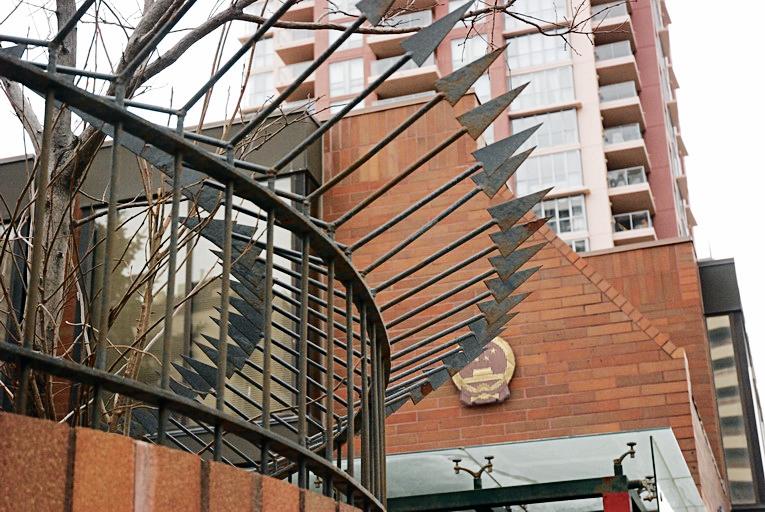Opposition MPs are asking why the Chinese diplomat recently expelled for being involved in threatening an MP’s family wasn’t removed sooner after it emerged that Canada’s intelligence agency knew for several years that he was spying on Falun Gong adherents and Uyghurs in Canada.
As of the time of this writing, there are 177 Chinese diplomats in Canada, including their representatives to the International Civil Aviation Organization in Montreal. This is second only to the United States, Canada’s closest ally and neighbour to the south, with 291 diplomats. The country with the third-highest number of diplomats in Canada is Japan, with 80 diplomats.





